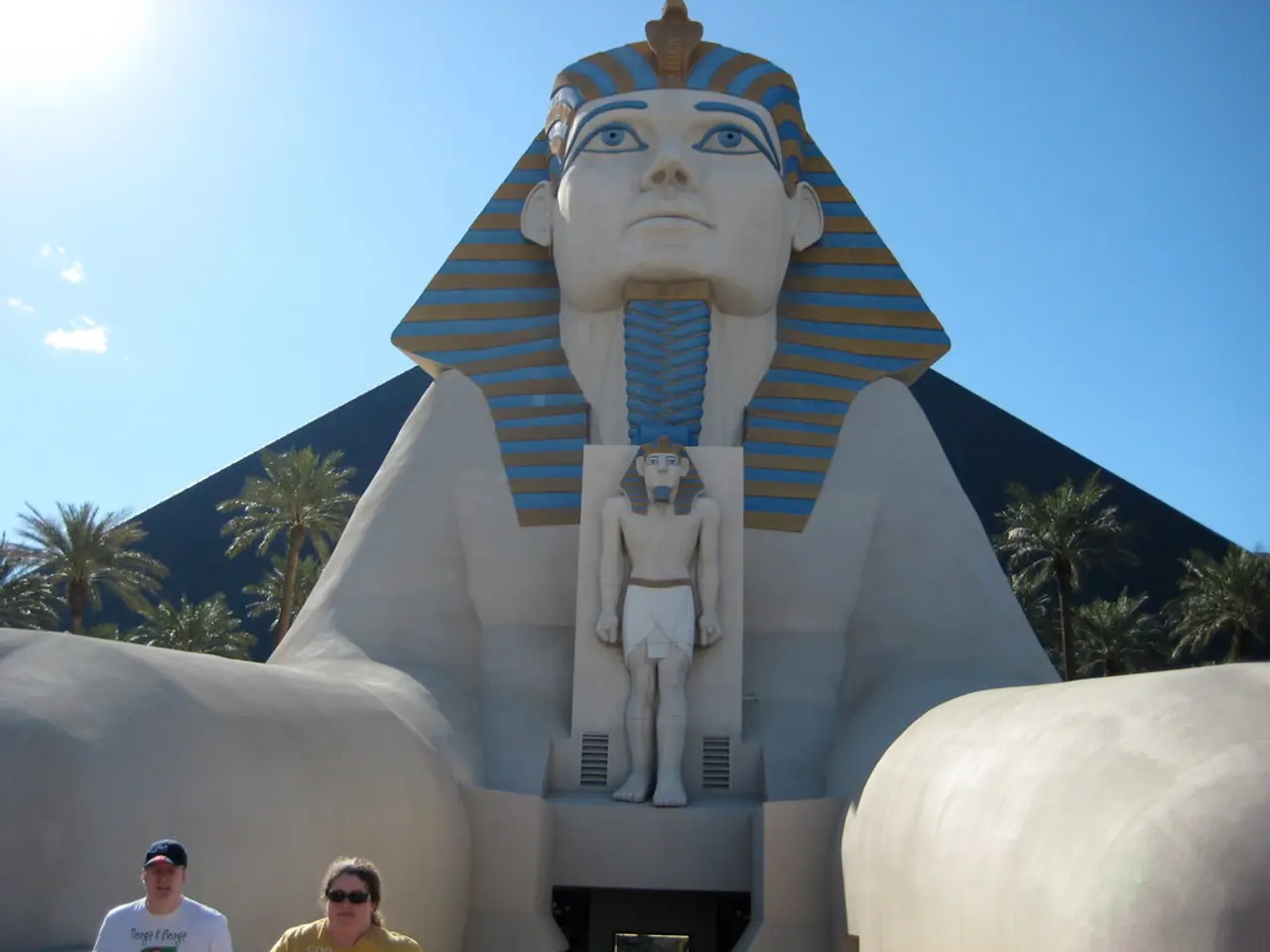Egypt agrees to IMF conditions, delaying projects and raising fuel costs
In a bid to address increased vulnerabilities from the conflict in Ukraine and tighter global economic problems, Egypt has secured a significant financial lifeline. On Dec. 17, 2022, the International Monetary Fund (IMF) board of supervisors approved a 46-month Extended Fund Facility (EFF) worth approximately $8 billion.
This financial support comes after Egypt implemented a series of financial and fiscal reforms following an initial $3 billion package from the IMF in 2023. Key reforms include fiscal consolidation and debt reduction, central bank lending controls, privatization efforts, monetary and fiscal policy tightening, structural reforms, social protection, improved oversight, and a focus on balancing public and private sector roles.
The government has been on an infrastructure spending spree, with projects totalling in tens of billions of dollars. To manage this spending and mitigate inflation, Egypt has pledged to slow down investment in public projects, including national jobs, and to generate $3 billion in foreign currency through increased privatization by FY 2025/26.
Egypt has also agreed to a more flexible exchange rate system, allowing the Egyptian pound to fluctuate more than before, and to make most fuel product prices rise in line with the nation's fuel index system. The government has also committed to making its monetary policy more efficient by giving up many of its subsidized borrowing schemes.
In addition to the IMF support, Egypt has secured assurances that $28 billion in deposits by Gulf states in the Egyptian central bank will not mature before September 2026, and will not be used to purchase equities or debt. The Eastern Framework Investment Bank, the African Development Bank, the Arab Monetary Fund, and public asset sales are also contributing to the package, providing $400 million, $300 million, $300 million, and $2.0 billion, respectively.
The World Bank will cover $1.1 billion of Egypt's remaining $5.04 billion financing gap for the year, and the China Development Bank will provide an additional $1.0 billion. The IMF will provide Egypt with approximately $700 million in the period ending in June.
While Egypt has made progress in stabilizing macroeconomic indicators like inflation and foreign reserves, the IMF has noted mixed results on structural reforms and stressed the need for further privatization and transparency improvements to unlock additional funding tranches.
The financial lifeline, secured by Egypt, includes aid from the International Monetary Fund (IMF) and other financial institutions to address business and economic challenges. This package, worth approximately $8 billion, will support Egypt's ongoing reforms in areas such as infrastructure spending, debt reduction, and privatization, in an effort to strengthen the economy and promote a balanced public-private sector role.




